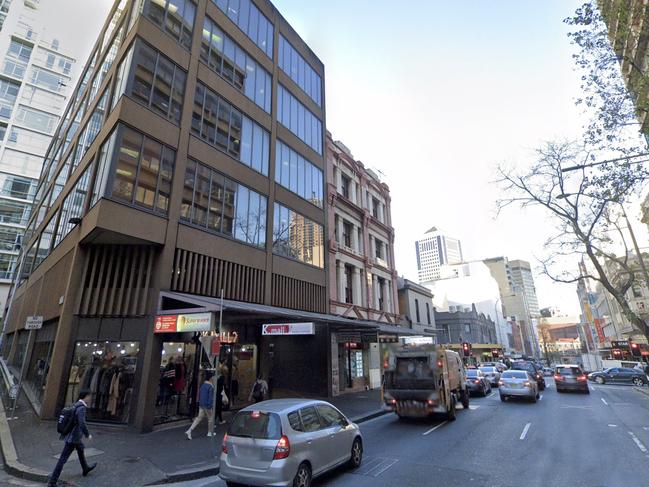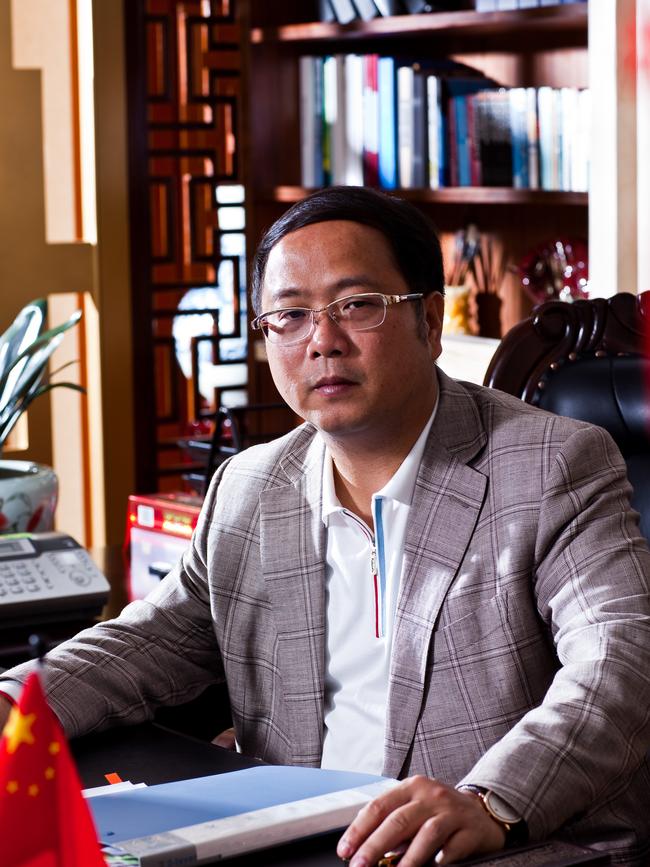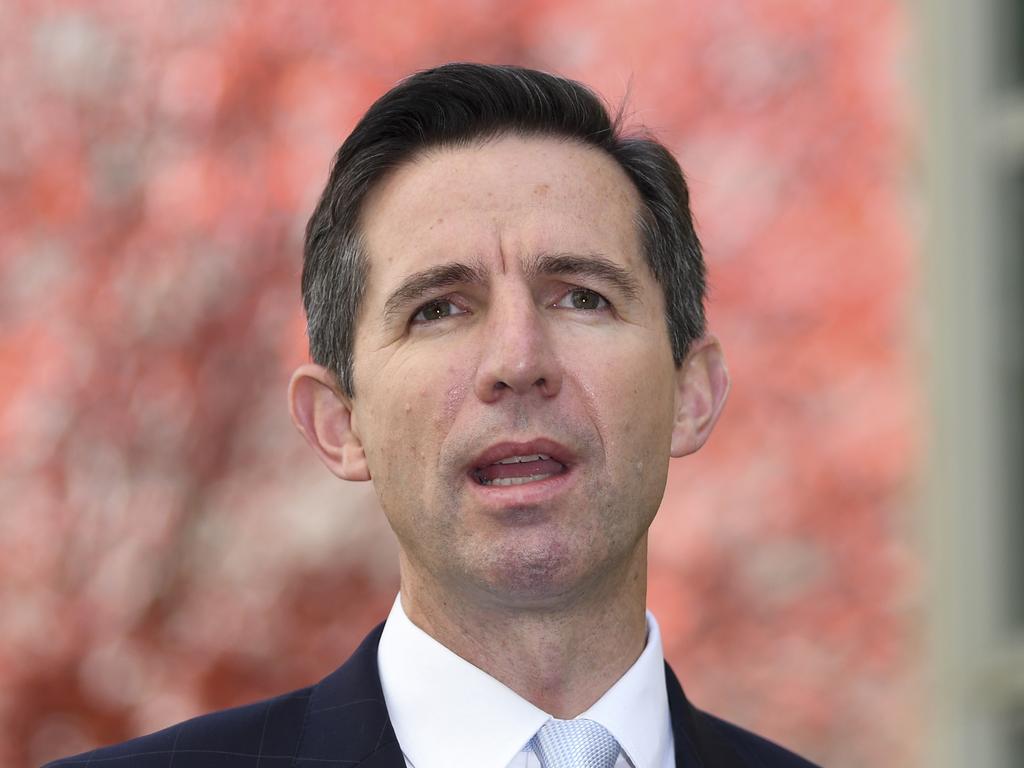Union HQ sold to developer linked to Chinese government
Labor Party NSW union affiliates sell Sydney office-block for $29m to a property developer branded a Beijing-backed ‘front’.

One of the Labor Party’s biggest NSW union affiliates sold its Sydney office-block headquarters for $29m to a Chinese property developer who heads an Australian-based organisation which has been branded a Beijing-backed “front”.
The Transport Workers Union’s NSW branch sold the city building it bought 45 years ago for $150,000 to a private company owned by Chinese businessman Lin Jinwen.
Mr Lin is also chairman of the Sydney-based Australia Soong Ching Ling Foundation, the local offshoot of a Beijing organisation named after former revered leader Sun Yat-sen’s wife and alleged by leading security experts to be an arm of Beijing’s United Front Work Department the Chinese Communist Party government uses to spread its influence globally.

The timing of the sale to one of Mr Lin’s companies, Taurus Aurum Lin, suggests senior figures on the NSW Labor side have continued financial dealings with wealthy Chinese figures in Australia with possible links to China’s government, despite warnings from Canberra about foreign interference in the nation’s affairs.
The deal to sell the TWU’s Transport House opposite the NSW Labor Party’s headquarters in Sydney’s Sussex Street was clinched on November 26 — in the midst of much-publicised, unrelated NSW corruption hearings last year into alleged illegal ALP political donations involving billionaire Chinese property developer Huang Xiangmo.
The sale was settled on April 1 and scored brief mentions in property publications.
Mr Lin has donated large sums to many charitable causes but also to organisations in China that are allegedly controlled by the United Front Work Department.
He has also served as a senior member of the Sydney-based Australian Council for the

Promotion of the Peaceful Reunification of China, a body that was headed by Mr Huang before the Morrison government refused to grant him citizenship and revoked his permanent residency based on ASIO advice that Mr Huang was a foreign interference risk.
The Weekend Australian does not suggest anything improper about the sale involving Mr Lin’s company. The TWU’s state secretary, Richard Olsen, also confirmed it was conducted “at arm’s length” from his union, with two bidders engaged in a “blind auction” through commercial realty Colliers International for a market price. Mr Olsen, a member of the NSW ALP’s ruling administrative committee, said he did not know Mr Lin and “no special conditions pertain to the sale”.
Mr Lin migrated to Australia in 2000 and later became a citizen. He speaks only Mandarin and was previously regarded as a “low-key player”, despite his apparent liking for colourful attire and a burst of publicity when his company Linzhu Australia unveiled plans in 2017 for a big hotel development near Sydney’s Chinatown with “sloping gardens”.
The 71-year-old property developer has nonetheless attracted notice among China watchers because of his donations and Beijing connections.
In November, Mr Lin succeeded Sydney businessman Ven Tan as chairman of the Australia Soong Ching Ling Foundation, which was set up in 2011 and is regarded by academics and China experts as a front for the Chinese government.
Alex Joske, a researcher at the Australian Strategic Policy Institute, said Mr Lin’s leadership role in the foundation indicated he was “close to the United Front Work Department”.
Mr Joske said Mr Lin’s donation of two million yuan ($A412,000) in April last year to Beijing’s All China Federation of Returned Overseas Chinese, to be used for a United Front event called Affection for China, was also an indication of his close associations. Official Chinese profiles have referred to Mr Lin as a “patriot”.
Mr Joske said: “Mr Lin has a list of affiliations — the question is how far do those links go?”
Mr Lin also heads a China-linked organisation called the Australia China Exchange Centre, which he formed after migrating to Australia.
According to an official profile, Mr Lin was born in Guangdong province. He rose up government construction ranks before “gradually developing into an industry leader”.
One Chinese government analyst said: “You only get appointed to those positions by the party if you are trusted. He comes to Australia with a lot of money, he invests, then he donates to party bodies in China.”
The Weekend Australian asked Mr Lin whether he accepted the view of some China watchers that the foundation he headed was in close partnership with, and possibly a branch of, the United Front, and whether his two million yuan donation indicated Chinese government support. He did not respond before publication.




To join the conversation, please log in. Don't have an account? Register
Join the conversation, you are commenting as Logout